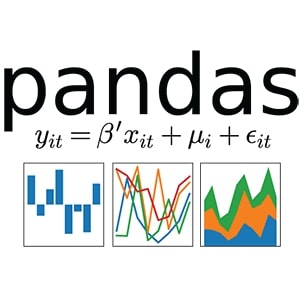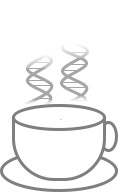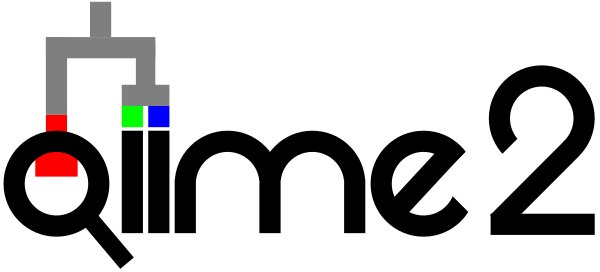Projects

process.phenotypes
R library that facilitates highly-configurable, flexible, reproducible cleaning of arbitrary input phenotype data (e.g. health questionnaires, lab test results, etc.), including application of consent and age thresholds as well as an output report describing every input variable.
View ProjectView Documentation

WGS Calling Pipeline
Reproducible, scalable, and robust Snakemake pipeline for calling germline WGS data. Handles dependency management, exposes critical parameters into user-configurable yaml, capable of deployment to any infrastructure that supports Snakemake. Multiple run modes to permit different use cases, e.g. a quick turn-around of read quality metrics to lab, a more thorough per-flowcell calling and subject-level QC, and joint-calling from gVCFs across multiple flowcells.
View ProjectView Documentation

Python pandas tutorial
Introduction to exploratory data analysis with the Python package pandas, presented in an interactive Jupyter notebook accessible via either Binder or Google Colab.
Feedback from this workshop: "Your workshop ... received the highest scores of all our events to date! You are a Cancer Data Science Star Instructor and we cannot thank you enough for your thoughtful, tailored, engaging presentation!"
View Project
Snakemake tutorial
Introduction to building genomics pipelines with Snakemake. Slides available as a PDF; interactive Juptyer notebook available via Binder.
View Project
MoCCA-SV: A Flexible Ensemble Framework for Structural Variant Analysis
A modular Snakemake-based workflow to coordinate germline, de novo, and somatic SV calling with multiple callers. Caller output is harmonized and annotated for genomic context (e.g. segmental duplications, proximity to telomere/centromere sequence, genes and transcripts) and compared to SVs in public databases including DGV, ClinVar, ClinGen, and 1000 Genomes.
View Project
QIIME2 Microbiome Analysis Pipeline
The production pipeline used at CGR (Cancer Genomics Research Lab, NCI) for analysis of 16S microbiome sequencing data.
View Project